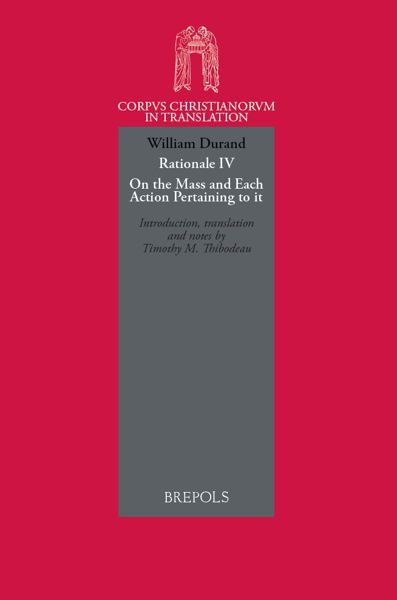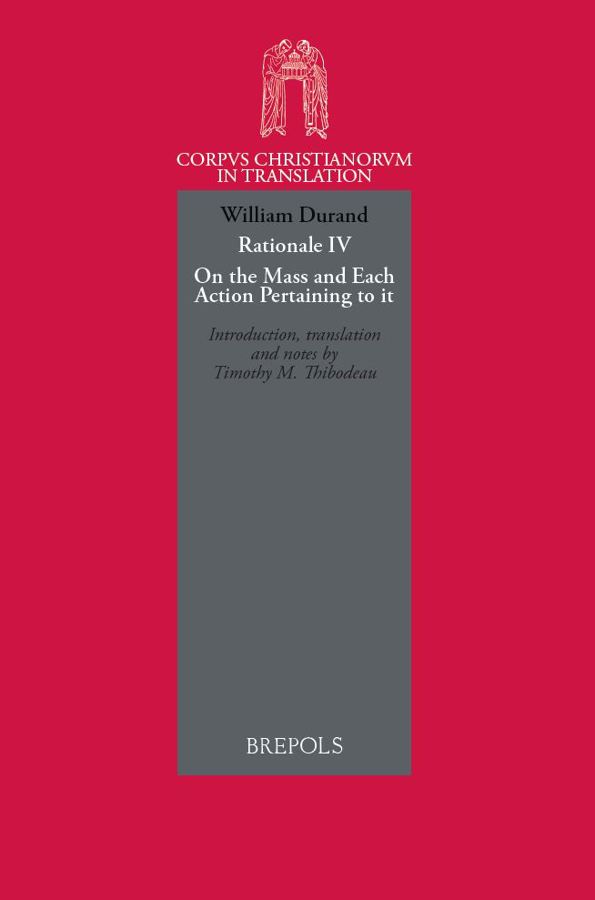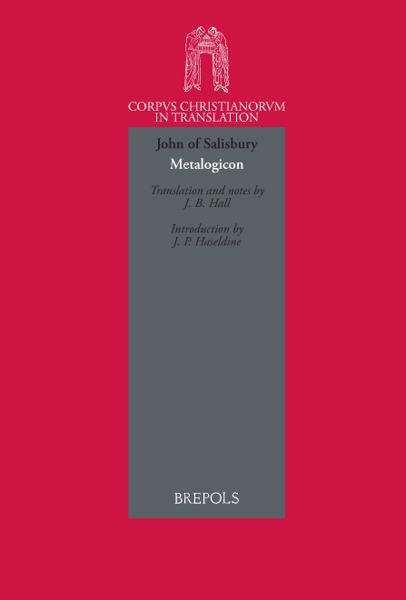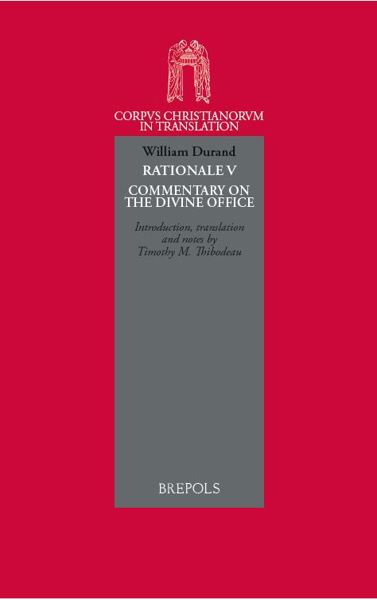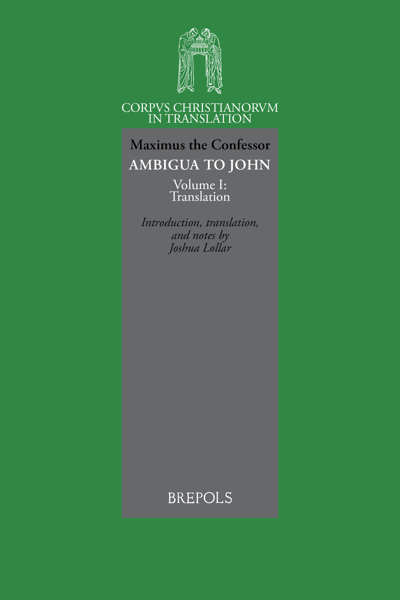
- Pages: 525 p.
- Size:156 x 234 mm
- Language(s):English
- Publication Year:2013
- € 75,00 EXCL. VAT RETAIL PRICE
- ISBN: 978-2-503-54879-1
- Paperback
- Available
- € 75,00 EXCL. VAT RETAIL PRICE
- ISBN: 978-2-503-56304-6
- E-book
- Available
"This translation will serve as an excellent introduction to a medieval understanding of the proper way to celebrate the Latin Mass and how that rite was understood historically and theologically. It could well be put to use for examples in the classroom, since even undergraduates will appreciate the rich textures of the interpretation." (E. Ann Matter, in: The Medieval Review, 14.06.17)
Timothy M. Thibodeau is Professor of History at Nazareth College of Rochester (USA). He co-edited, with Anselme Davril, O.S.B., the Latin edition of the Rationale that was published by Corpus Christianorum, Continuatio Mediaeualis. He has previously translated into English the Prologue and Books 1-3 of the Rationale.
William Durand (c. 1230-Nov. 1, 1296), Bishop of Mende, France, was unquestionably the most renowned liturgical scholar of the later Middle Ages. His encyclopedic allegorical exposition of the rites and worship services of the Latin Church, the Rationale divinorum officiorum, or "Rationale for the divine offices," is the best known medieval work in its genre. Divided into eight books of varying length, the Rationale is exhaustive in its treatment of a wide variety of subjects: the church building and liturgical art; the ministers of the church and their functions; liturgical vestments; the Mass and the Divine Office; the Church's calendar and its feast days.
Modern scholarship has clearly shown that Durand's Rationale superseded all previous liturgical commentaries within only a few years of its publication (c. 1292-1296). By the end of the fifteenth century, it had become one of the most widely disseminated treatises of its kind in western Europe.
Book 4, Durand’s lengthy and detailed commentary on the Mass, has never been translated into English. The present volume makes this important text available for modern students of liturgy, musicology, theology, and art history for whom the original Latin text is not accessible. It also provides extensive annotation and explanation of Durand’s sometimes cryptic etymologies, while bringing to light important source material embedded within his commentary.
The source text of this volume appeared in Corpus Christianorum Continuatio Mediaeualis as Guillelmus Durantus - Rationale divinorum officiorum IV (CCCM 140). References to the corresponding pages of the Corpus Christianorum edition are provided in the margins of this translation.
